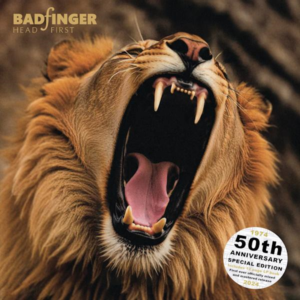Number of Music Retailers in UK Climbs To Record High Despite Tumbling Sales

The number of brick and mortar stores selling music in the United Kingdom has reached an all-time high, despite the falling popularity of physical product. According to new figures published by the Entertainment Retailers Association (ERA), there were 10,391 outlets selling CDs and vinyl in 2014, up 20% from 8,633 the year before.
ERA CEO Kim Bayley cites an increase in the number of supermarket convenience stores and discount stores like Wilko and Matalan selling a limited range of music and video product as a contributing factor behind the growth.
“Physical outlets seem to have the edge when it comes to impulse and gift purchases. You cannot gift-wrap a download or stream,” said Bayley calling the findings “an extraordinary result which means that U.K. consumers have a greater choice of outlets from which to buy music, video and games than ever before.”
Increased consumer choice does not, however, mean higher CD sales, even if the rate of decline in the U.K. is slower than in other markets.
In 2014, physical album sales totalled £514 million ($794 million), a 5% fall on the previous year’s total of £540 million ($835 million), according to the ERA 2015 Yearbook.
Digital album sales were also down, slipping to £199 million ($308 million), down from £233 million ($360 million) in 2013 (a 14.4% drop).
In the same period, subscription streaming retail sales climbed 65%, from £106 million ($247 million) to £175 million ($271 million), according to BPI estimates.
The total value of music sales in the U.K. last year was £1.03 billion ($1.59 billion) — a 1.6% decline on 2013’s total of £1.05 billion ($1.62 billion).
Of those transactions, physical formats still accounted for just over 50% of the U.K. music market, down from 52% in 2013.
The total entertainment market, comprising music, video games and DVD and Blu-ray, is now 49.9% digital, with ERA predicting 2015 to be the year that digital supersedes physical as the leading format.
“Ever since the birth of U.K. entertainment retailing in 1921 with the opening of the first HMV in London’s Oxford Street, entertainment retailers have proven themselves to be innovators,” says Bayley, adding, “Thanks to the ground-breaking technology and heavy investment of a new breed of entertainment retailers offering access services, we are witnessing a revolution in the entertainment industry, benefitting consumers, creators and content owners alike.”
Source: Billboard Biz


